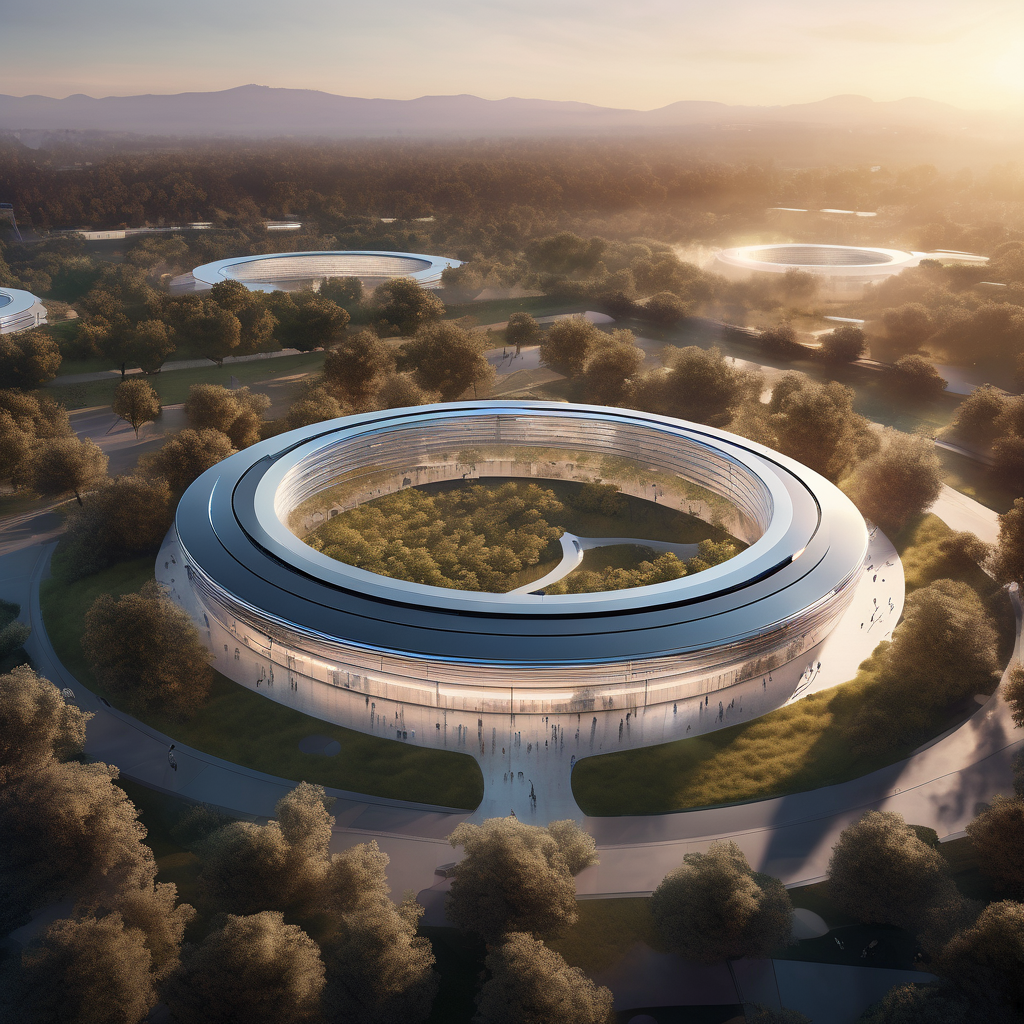
Following its recent acquisition by Saudi Arabia’s Public Investment Fund, alongside Jared Kushner’s Affinity Partners and Silver Lake, Electronic Arts (EA) released a detailed statement reaffirming its commitment to a thoughtful and measured approach to artificial intelligence (AI) within the company. The gaming giant emphasized that its use of generative AI technology is mainly aimed at enhancing creativity rather than replacing human developers, striving to balance technological progress with preserving the creative core that drives the organization. Previously, EA’s CEO described generative AI as "the very core of our business, " highlighting that the company has integrated AI into more than 100 projects. These initiatives cover efforts to boost operational efficiency, encourage innovation, and transform the workflows supporting game development and other creative processes. The CEO’s remarks underscored AI’s strategic importance in shaping EA’s future trajectory and maintaining its competitive advantage in the rapidly evolving gaming sector. Despite these assurances, internal reports indicate some divisions among EA’s workforce regarding the implementation and effectiveness of AI tools, especially the company’s proprietary chatbot, ReefGPT. Employees have reportedly raised concerns that tools like ReefGPT sometimes generate flawed or unreliable outputs, casting doubt on their overall utility and potential impact on development quality. This internal skepticism is further complicated by reports that EA is encouraging roughly 15, 000 of its employees to adopt AI more extensively in their daily work. This organizational drive toward AI integration has reportedly caused unease within the staff, fueling fears that the company may prioritize productivity gains and cost-cutting over job security. Observers note that under the new ownership, which focuses heavily on financial metrics and margin improvements, there is heightened sensitivity to the effects of AI-driven automation on human labor.
These concerns reflect broader tensions in the tech industry between embracing AI advancements and protecting employees’ roles and creative contributions. EA has attempted to ease these worries by reaffirming that its core values remain unchanged. The company insists that creative freedom and a player-first mindset continue to guide its operations, even as it navigates the complexities stemming from the recent $20 billion leveraged buyout. This debt-heavy acquisition adds financial pressure, making operational efficiency and innovation crucial to meeting both market expectations and shareholder demands. Analysts and industry insiders observe that the interplay between enthusiastic AI adoption and internal employee apprehensions will continue to influence EA’s corporate environment in the coming months and years. Balancing AI’s potential to transform game development workflows with the need to maintain an engaged, creative workforce remains a key challenge. How EA manages this balance may serve as a benchmark for other companies operating at the intersection of creative industries and emerging AI technologies. In conclusion, Electronic Arts stands at a crossroads where it must reconcile its ambitious AI-driven initiatives with genuine concerns from its employees and stakeholders. While generative AI presents substantial opportunities for innovation and efficiency, the company acknowledges the necessity of a measured approach that respects human creativity and labor. As EA undergoes this transformative phase, both the gaming community and industry observers will closely watch how the company integrates AI tools without compromising the qualities that have made its games beloved by millions worldwide.
Electronic Arts Embraces AI in Game Development Amid Employee Concerns and New Ownership


Here is a rewritten and summarized version of the provided text, maintaining nearly all original content volume: --- **Up-to-Date Artificial Intelligence Statistics for 2025** Artificial Intelligence (AI) remains one of the most dynamic and debated technologies of the 21st century, impacting fields from ChatGPT to autonomous vehicles

In recent years, the fusion of music and visual arts has undergone a groundbreaking transformation through the integration of artificial intelligence (AI).

Summary: Nvidia’s stock fell sharply after the US government banned the sale of its latest AI chip to China, amid escalating geopolitical tensions

For years, nonprofits relied on search engine optimization (SEO) to increase website visibility among donors via search engines.

Microsoft recently revealed extensive details about its AI investment and business plans in the United Arab Emirates (UAE).

The CNBC Investing Club with Jim Cramer delivers the Homestretch, a daily afternoon update before the final trading hour on Wall Street.

Recent research has revealed a notable shift in user behavior on search engines, particularly following the introduction of AI-generated overviews in Google search results.
Launch your AI-powered team to automate Marketing, Sales & Growth

and get clients on autopilot — from social media and search engines. No ads needed
Begin getting your first leads today